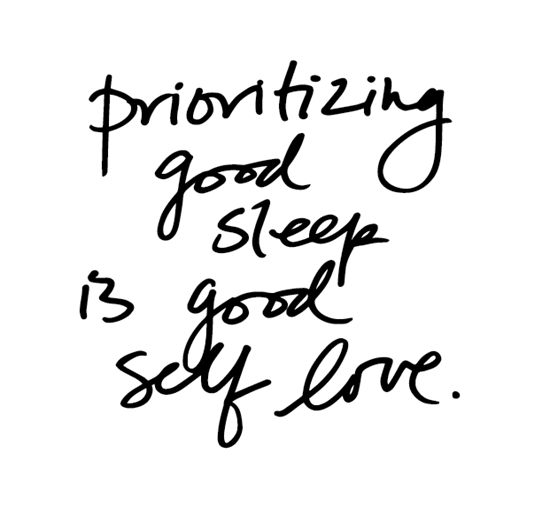
Sleep has a crucial role in the normal working of our body. We need sleep to give relaxation to our body and mind as well. As students a deficiency in sleep might create disturbances in our daily routine and studying pattern as well
It is usually during exams or while preparing for exams that students face deprivation of sleep. Either naturally or they shorten their sleeping time so that they can dedicate more time for studies. Little do they know that reducing sleep time will only create further problems and may also cause dizziness and uneasiness in them.
If you or someone you know is suffering from this issue of disturbed/under/over sleep patterns, consider these helpful tips:
- Fix a bedtime and an awakening time. Do not be one of those people who allow bedtime and awakening time to drift. The body “gets used” to falling asleep at a certain time, but only if this is relatively fixed. Even if you are retired or not working, this is an essential component of good sleeping habits.
- Avoid napping during the day. If you nap throughout the day, it is no wonder that you will not be able to sleep at night. Afternoon nap isn’t bad only if you limit the nap time to 30-45 minutes. This will give you energy for the evening and also you’ll be able to sleep well at night.
- Avoid caffeinated drinks 4-6 hours before bedtime. This includes beverages too such as coffee, tea and many sodas.
- Avoid heavy, spicy, or sugary foods 4-6 hours before bedtime- These can affect your ability to stay asleep.
- Exercise regularly, but not right before bed – Regular exercise, particularly in the afternoon, can help deepen sleep. Strenuous exercise within the 2 hours before bedtime, however, can decrease your ability to fall asleep.
- Use comfortable bedding. Uncomfortable bedding can prevent good sleep. Evaluate whether or not this is a source of your problem, and make appropriate changes. Use of relaxing aroma also helps to induce good sleep.
- Find a comfortable temperature setting for sleeping and keep the room well ventilated. If your bedroom is too cold or too hot, it can keep you awake. A cool (not cold) bedroom is often the most conducive to sleep.
- Block out all distracting noise, and eliminate as much light as possible.
- Reserve the bed for sleep. Don’t use the bed as study table or recreation room. Let your body “know” that the bed is associated with sleeping.
- Try a light snack before bed. Warm milk and foods high in the amino acid tryptophan, such as bananas, may help you to sleep.
- Practice relaxation techniques before bed. Relaxation techniques such as yoga, deep breathing and others may help relieve anxiety and reduce muscle tension.
- Don’t take your worries to bed. Leave your worries about job, school, daily life, etc., behind when you go to bed. Some people find it useful to assign a “worry period” during the evening or late afternoon to deal with these issues.
- Establish a pre-sleep ritual. Pre-sleep rituals, such as a warm bath or a few minutes of reading, can help you sleep.
- Get into your favourite sleeping position. If you don’t fall asleep within 15–30 minutes, get up, go into another room, and read until sleepy.

